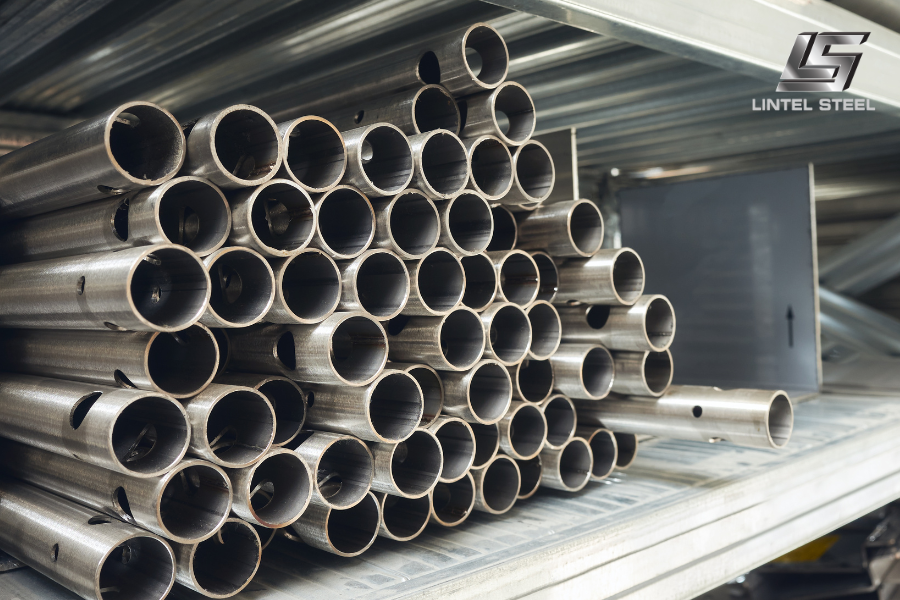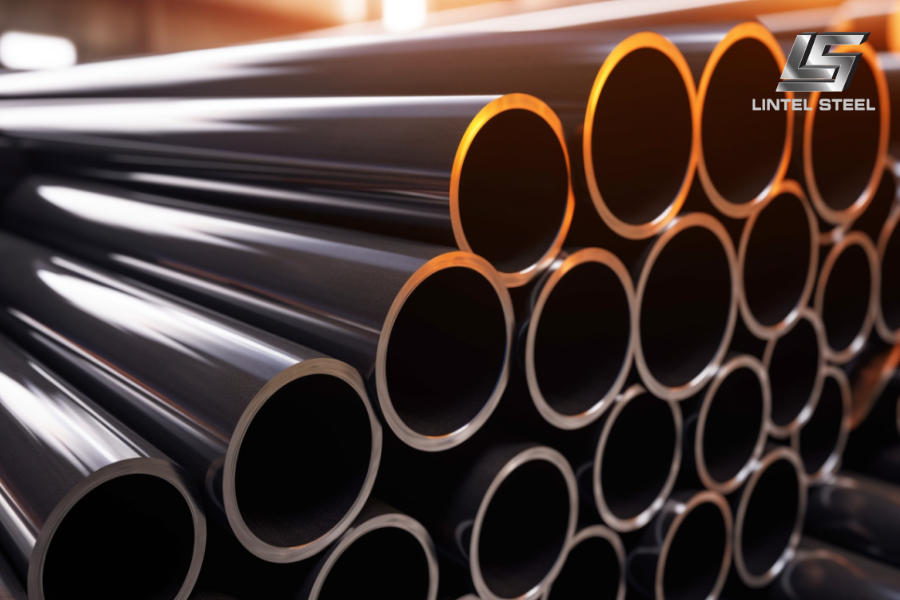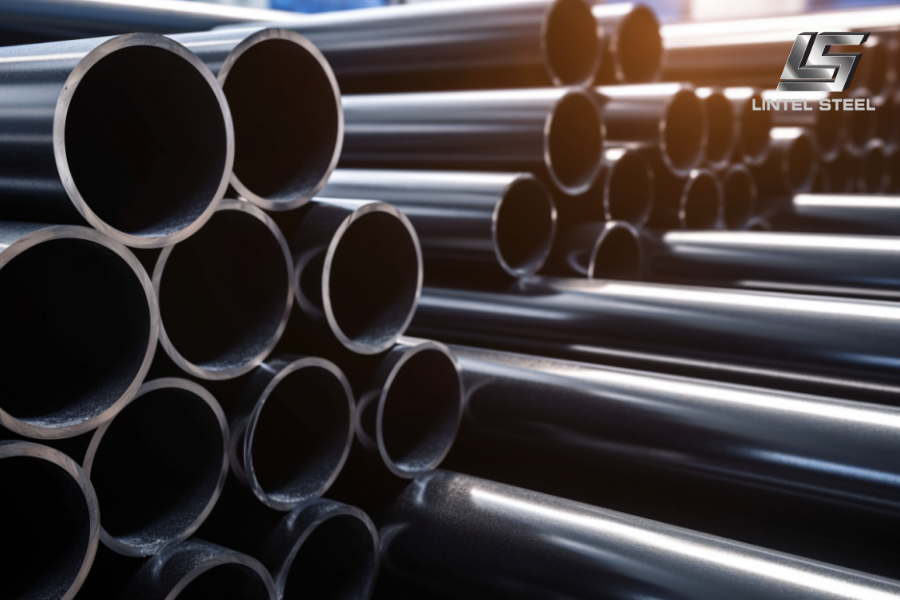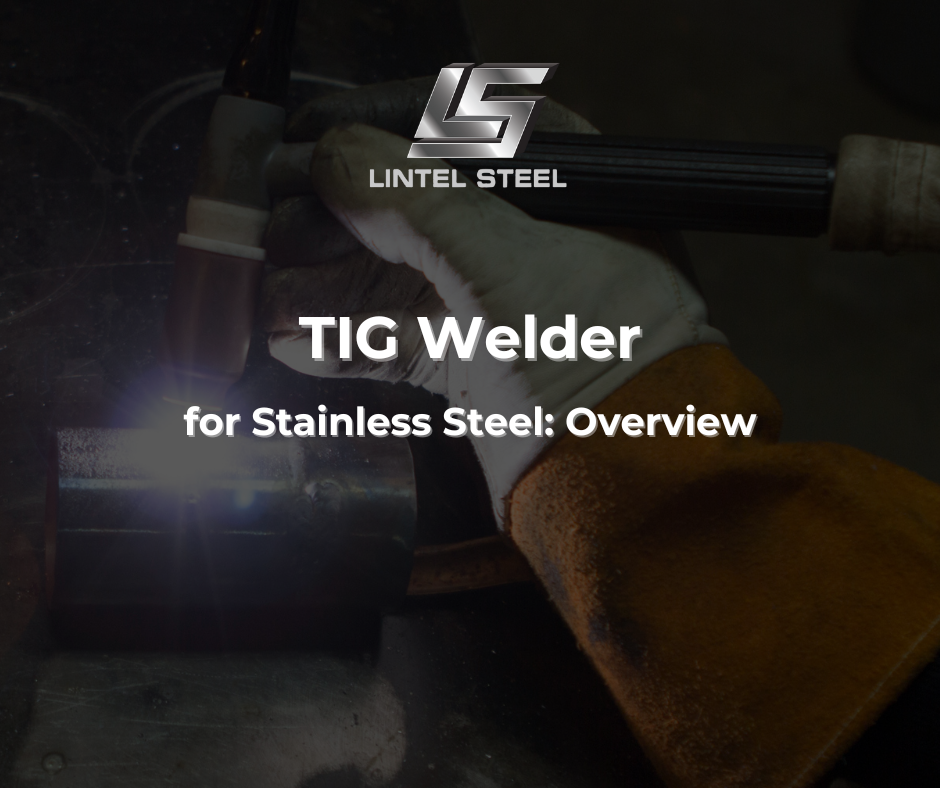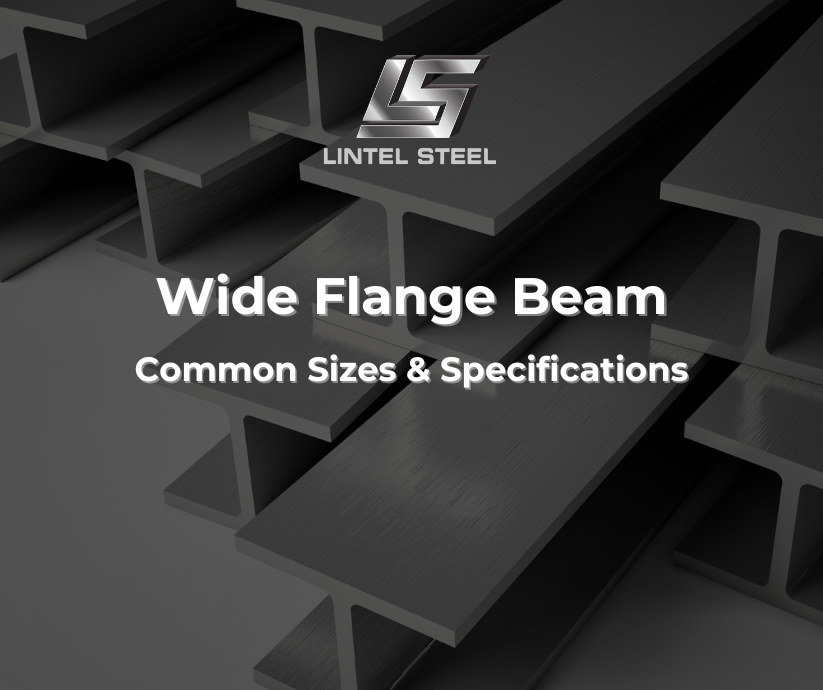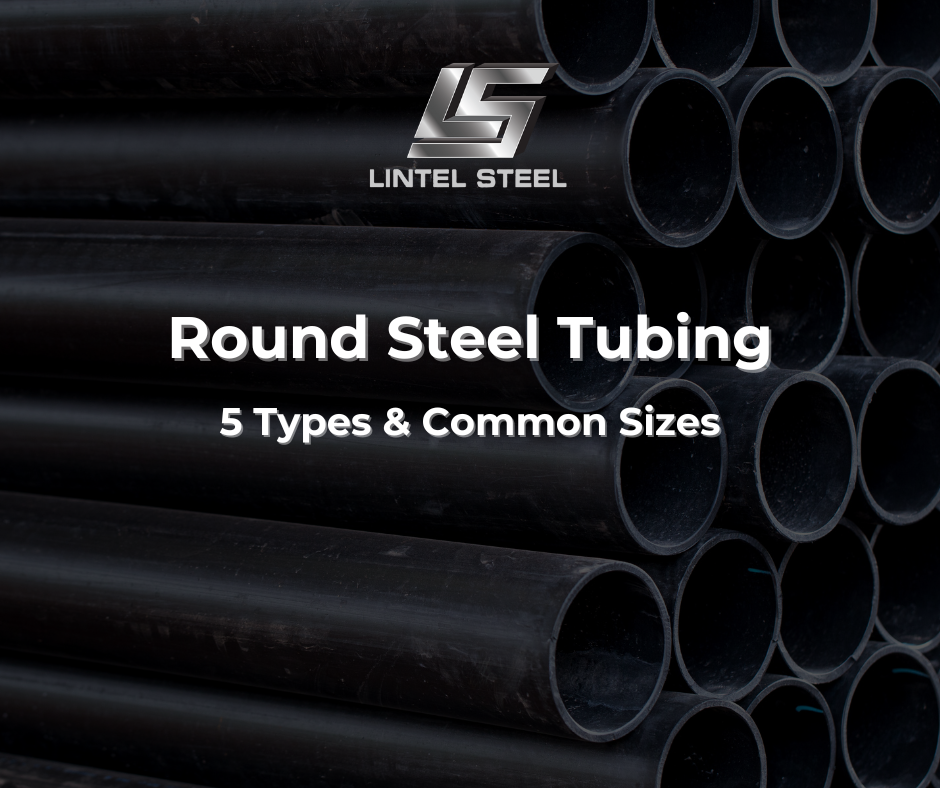Seamless Steel Pipe: 7 Key Features That Ensure Strength
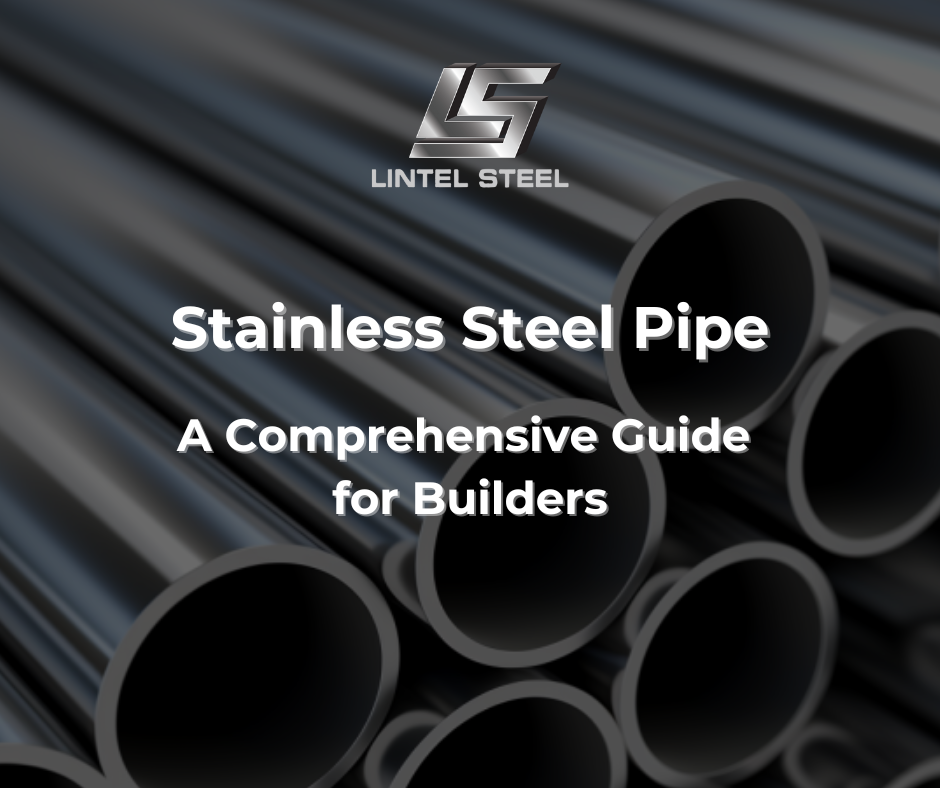
In industrial and structural engineering, seamless steel pipes are valued for their precision, uniformity, and mechanical strength. Unlike welded pipes that are fabricated by rolling and joining steel plates, seamless pipes are produced from a solid cylindrical billet that is heated, pierced, and then rolled or extruded into a hollow form. This process eliminates weld seams and ensures a consistent grain structure throughout the pipe body, resulting in superior pressure resistance and dimensional accuracy.
Thanks to their robust structure and smooth internal finish, seamless steel pipes perform exceptionally well under high-pressure and high-temperature conditions. They are widely used in oil and gas transmission, power generation, petrochemical systems, automotive components, and heavy construction frameworks. Their ability to maintain integrity under stress and corrosion makes them an essential material in environments where failure is not an option.
Whether used for conveying fluids, forming mechanical parts, or serving as load-bearing elements, seamless steel pipes deliver the precision, strength, and reliability required by modern industry.
What Is a Seamless Steel Pipe?
A seamless steel pipe is a type of steel pipe manufactured without a welded seam. Unlike welded pipes, which are formed by joining steel plates together, seamless pipes are produced through a solid billet that is heated, pierced, and stretched into a hollow tube. This process creates a uniform structure and superior mechanical strength, making seamless steel pipes ideal for high-pressure and high-temperature applications.
Seamless pipes are widely used in industries such as oil and gas, petrochemical, construction, power generation, and automotive manufacturing — where performance, durability, and precision are critical.
Key Features of Seamless Steel Pipes
Seamless steel pipes are preferred across industries for their unmatched performance, strength, and reliability. The absence of welds and joints results in a cleaner internal surface, consistent wall thickness, and superior structural integrity — making them ideal for applications where safety and precision are critical.
Below are the main features and advantages that set seamless steel pipes apart from welded alternatives:
1. Superior Strength and Pressure Resistance
Because seamless pipes are manufactured from a single solid billet, they can handle higher internal and external pressures without the weak points that welded joints often create. This makes them particularly suitable for high-stress applications such as oil and gas transmission, hydraulic systems, and boiler pipelines. The uniform grain structure achieved during hot rolling and heat treatment gives them exceptional tensile and yield strength.
2. Uniform Shape and Dimensional Accuracy
The seamless manufacturing process ensures uniform thickness and precise diameter throughout the entire length of the pipe. This consistency is vital for engineering and mechanical systems where tight tolerances are required. The result is better compatibility with fittings, flanges, and joints — minimizing the risk of leakage or misalignment during installation.
3. Excellent Corrosion and Temperature Resistance
Seamless steel pipes, especially those made from stainless steel or alloy steel, are designed to withstand harsh environments. They resist corrosion caused by moisture, chemicals, and high-temperature conditions, maintaining their strength even in offshore, chemical, or thermal power plant environments. For applications exposed to seawater or acidic substances, seamless stainless steel pipes offer a long-term, low-maintenance solution.
4. Smooth Internal Finish and Enhanced Flow Efficiency
The smooth internal surface of seamless pipes allows for efficient fluid flow with minimal turbulence or friction loss. This feature is crucial for industries transporting gas, oil, or other fluids over long distances, as it reduces energy consumption and improves overall system performance. The lack of welded seams also minimizes contamination risks, making seamless steel pipes suitable for high-purity applications in pharmaceuticals and food processing.
5. Long-Term Durability and Extended Service Life
Seamless steel pipes are built to last. Their continuous structure eliminates points of weakness and ensures long-term reliability, even under cyclic loading, vibration, or high-temperature operations. This extended lifespan translates into lower maintenance costs, fewer replacements, and reduced downtime — all essential for large-scale industrial systems and critical infrastructure.
6. Versatility in Size and Material Options
Seamless pipes are available in a wide range of diameters, wall thicknesses, and steel grades to suit diverse applications. Whether for heavy-duty construction, high-pressure pipelines, or precision mechanical systems, seamless pipes can be customized to specific project requirements. Common materials include carbon steel, stainless steel, alloy steel, and high-temperature-resistant grades.
7. Compliance with Global Standards
High-quality seamless steel pipes are produced according to stringent international standards such as ASTM A106, A53, API 5L, and ASME SA335, ensuring reliability, safety, and global compatibility. These certifications guarantee that the pipes meet specific performance and chemical composition requirements — vital for regulated industries such as energy and petrochemicals.
Applications of Seamless Steel Pipes
Seamless steel pipes are used across a variety of sectors:
- Oil and Gas Industry: For transporting crude oil, natural gas, and high-pressure fluids.
- Mechanical Engineering: Used in manufacturing machine parts and structural components.
- Power Plants: In boiler tubes, heat exchangers, and high-pressure systems.
- Automotive Industry: For producing drive shafts, bearings, and precision components.
- Construction: As structural supports and framework in buildings and infrastructure.
Their versatility and strength make seamless pipes a vital material in modern engineering and construction projects.
Seamless vs. Welded Steel Pipe
While both seamless and welded pipes serve similar purposes, the choice depends on the application:
| Aspect | Seamless Steel Pipe | Welded Steel Pipe |
| Manufacturing Process | Made from a solid billet with no seam | Formed by welding steel plates or coils |
| Strength | Higher pressure and temperature resistance | Suitable for lower-pressure applications |
| Cost | More expensive due to complex production | More economical |
| Surface Finish | Smooth and uniform | May have visible weld lines |
| Applications | Oil, gas, high-pressure systems | Water, structural, and low-pressure systems |
If reliability, performance, and longevity are priorities, seamless steel pipes are the superior option.
Choosing a Reliable Seamless Steel Pipe Supplier
When sourcing seamless steel pipes for your project, the quality of your supplier is just as important as the quality of the steel itself. Choosing the right partner ensures you receive products that meet design specifications, perform under demanding conditions, and comply with strict safety standards. Below are key points to consider when evaluating a seamless steel pipe supplier or manufacturer.
1. Material Grade and Compliance with International Standards
Always verify that the supplier offers pipes produced in accordance with globally recognized standards such as ASTM A106, ASTM A53, API 5L, EN 10216, or ASME SA335. These certifications confirm that the seamless steel pipes meet specific chemical compositions, mechanical properties, and dimensional tolerances. High-quality suppliers also provide full mill test certificates (MTC) and traceability documentation so you can be confident in the material origin and performance.
2. Dimensional Accuracy and Precision Testing
Precision is crucial when it comes to seamless pipes, especially for high-pressure or industrial applications. Look for suppliers who maintain tight dimensional control, offering consistent outer diameters, wall thickness, and surface finishes. The supplier should perform non-destructive testing (NDT) such as ultrasonic, hydrostatic, or eddy current inspections to detect internal flaws, cracks, or inclusions. Reliable testing ensures the integrity and reliability of each pipe before it leaves the factory.
3. Range of Sizes, Grades, and Finishes
A capable supplier should offer a comprehensive range of seamless steel pipe sizes and grades, including carbon steel, stainless steel, and alloy steel options. Whether your project involves oil and gas transmission, structural engineering, or heat-exchanger applications, your supplier should be able to match the required material properties — from standard diameters to custom-fabricated lengths and finishes. This flexibility minimizes delays and ensures smooth integration with your project’s specifications.
4. Proven Track Record and Industry Experience
Select a supplier with a strong industry reputation and proven experience in serving your specific sector — whether it’s construction, mining, energy, or manufacturing. Experienced suppliers not only deliver quality materials but also provide valuable guidance on choosing the right grades, wall thicknesses, and coatings for long-term performance. Checking reviews, client portfolios, and completed projects can help verify their reliability and consistency.
5. Quality Assurance and Inspection Procedures
Top suppliers maintain strict quality assurance (QA) and quality control (QC) systems throughout production and delivery. This includes checking chemical composition, mechanical strength, dimensional accuracy, and visual surface finish. They should also ensure that all pipes are properly protected with end caps, coated, or packaged to prevent damage during transport. A transparent QA process indicates that the supplier values both product quality and customer satisfaction.
6. Logistics, Lead Time, and After-Sales Support
Timely delivery can make or break a construction or manufacturing schedule. Choose a supplier with efficient logistics management, reliable stock availability, and reasonable lead times for custom orders. Equally important is after-sales support — ensuring you can access product documentation, technical advice, and responsive communication in case of issues.
7. Competitive Pricing with Value Assurance
While cost is always a consideration, the cheapest option is rarely the best in the long term. Reliable suppliers balance competitive pricing with product durability, certification, and service quality. Investing in certified seamless steel pipes from a reputable source often leads to lower maintenance costs and fewer system failures over the lifespan of your project.
Seamless Steel Pipe Supplier in Perth – Lintel Steel
At Lintel Steel, we supply high-quality seamless steel pipes across Perth and Western Australia, supporting clients in construction, manufacturing, and heavy industry. With over 11 years of industry experience, we deliver reliable products that meet strict engineering standards.
Our team offers custom sizes, prompt delivery, and free quotes within 48 hours, helping you complete your project with confidence and precision.
Choose Lintel Steel – your trusted partner for seamless, strong, and superior steel solutions.
Click here to get a quote and quantity takeoff for free at Lintel Steel.
You can find out more about us at our Fanpage Lintel Steel.

